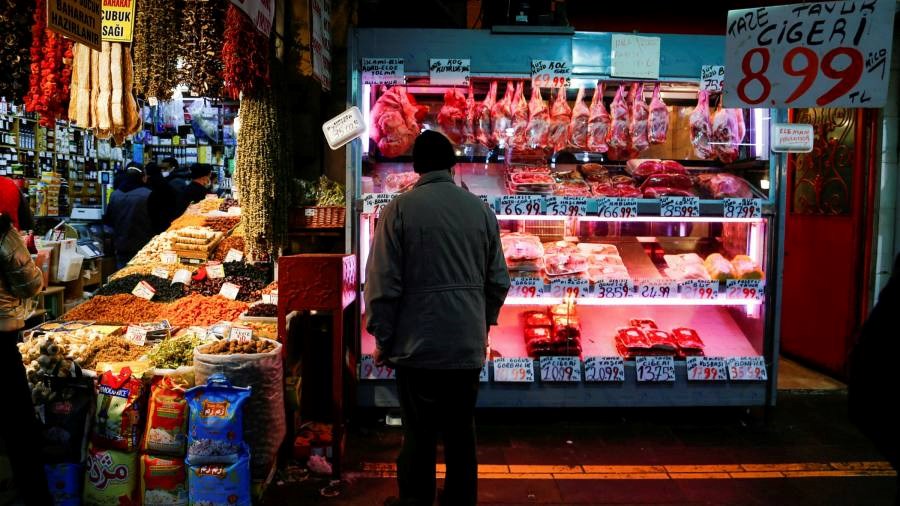Turkish inflation hits highest rate since 1998 at 73.5%
Reaching the highest inflation rate, Turkey faces unprecedented numbers, and the President struggles before next year's elections.
-

Turkish inflation hits the highest rate since 1998 at 73.5%.
Turkey's inflation rose to its highest level since 1998 in May, reaching 73.5% on an annual basis, according to official figures released Friday, a problem that President Recep Tayyip Erdogan is grappling with ahead of next year's elections.
Critics have blamed the country's economic troubles on Erdogan's unconventional economic policy of lowering interest rates to prevent price increases.
Last week, the central bank refused to boost its key interest rate, leaving it at 14%. Food and energy price increases pushed inflation much higher last month.
In May, transportation prices increased by 107.6%, while food prices increased by 91.6%.
The country's military offensive in northern Syria weakened the Turkish lira, which was trading at 16.49 to the dollar on Friday. Over the last year, the currency has lost approximately 48% of its value.
Moreover, the opposition and many economists have accused the national statistics agency of deliberately underestimating the magnitude of inflation.
The Inflation Research Group said on Friday that inflation reached a 160.8% high, more than twice the official figure.
In April, Turkey's official inflation rate was above 70%, posing a significant challenge to President Recep Tayyip Erdogan's government.
According to the national statistics office, the consumer price index increased by 69.97% year on year in April, compared to 61.14% in March.

 2 Min Read
2 Min Read








